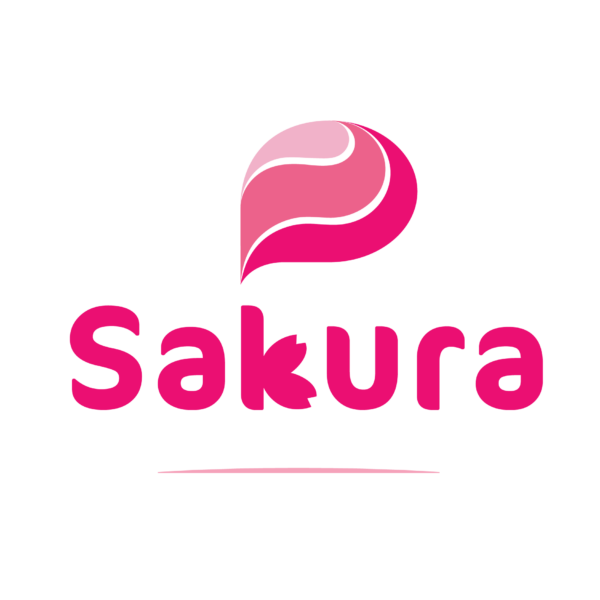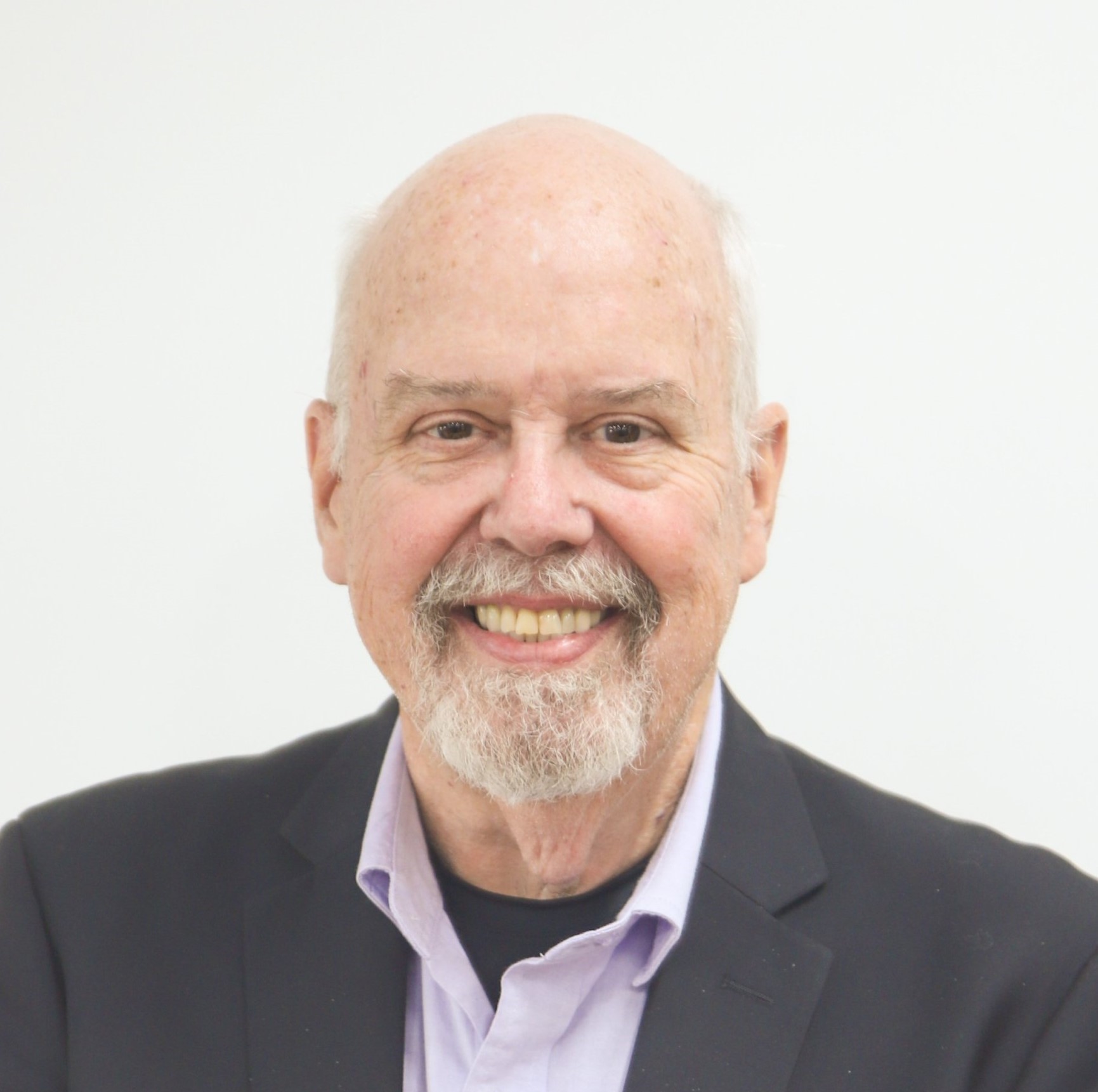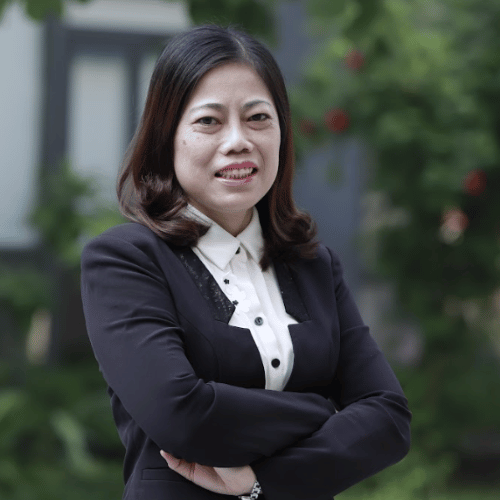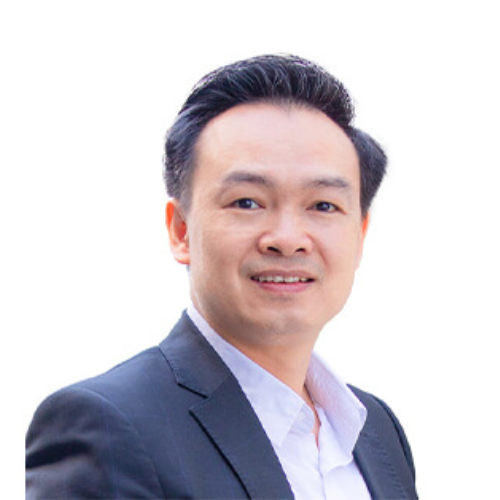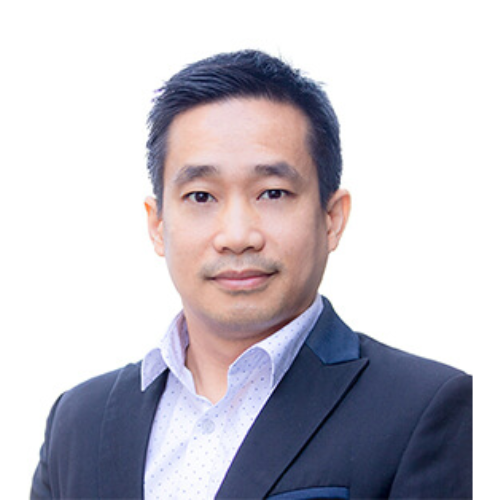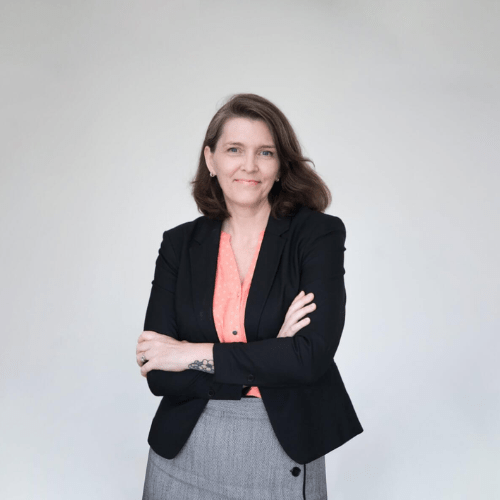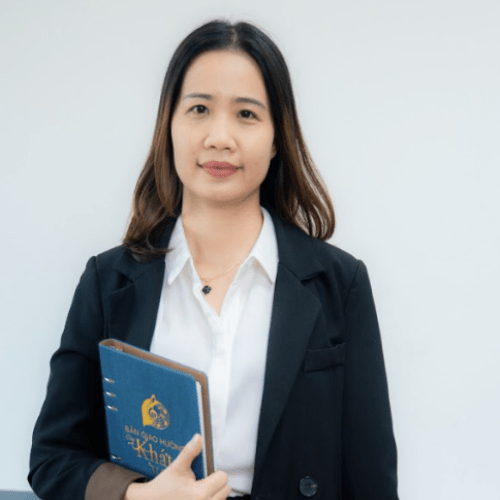With the goal of helping students maximize their potential and achieve positive academic outcomes, The Dewey Schools has identified differentiated instruction as a key pedagogical focus for the 2024-2025 school year. In collaboration with Mount Vernon, The Dewey Schools’ strategic educational partner, a comprehensive training session on differentiated teaching for teachers marked a significant milestone in the school’s mission to enhance the quality of education.
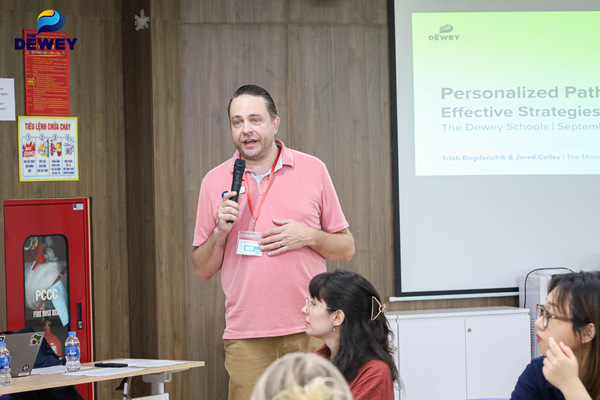
During the training, Mr. Jared Colley, Head of Learning & Innovation at Mount Vernon, commended Dewey’s commitment to high-quality teaching and learning, particularly its focus on fostering lifelong learning skills in students and preparing them to become global citizens who make a positive impact on society. “Dewey is dedicated to elevating education quality through the use of diverse teaching methods such as experiential learning and intentional reflection. These are concepts I value greatly because education is not just about acquiring knowledge but applying what has been learned in real-world contexts,” he emphasized.
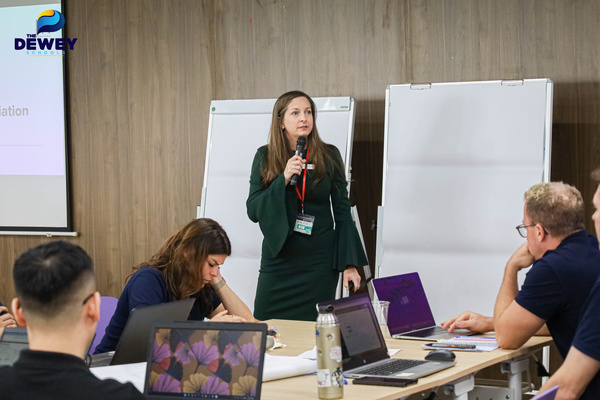
Mrs. Trish Bogdanchik, Head of Mount Vernon High School, shared in-depth insights into the strategy behind differentiated instruction. The aim of this teaching method is to unlock the hidden potential in each student, break down barriers, and fully develop both their intellectual and physical capabilities. Experts also distinguished between differentiated and personalized learning. According to Mount Vernon representatives, while the approach in differentiated instruction may vary, the overarching goal for all students remains consistent, helping them meet the same outcomes.
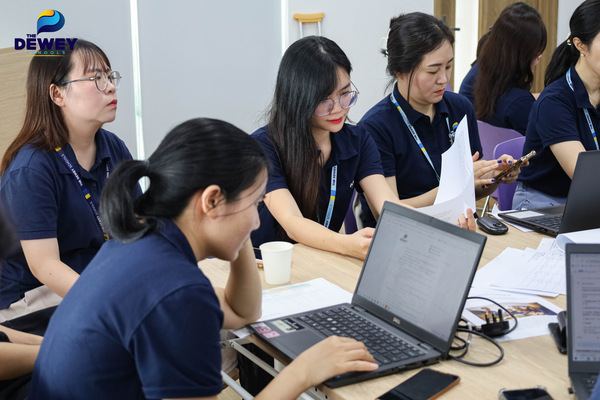
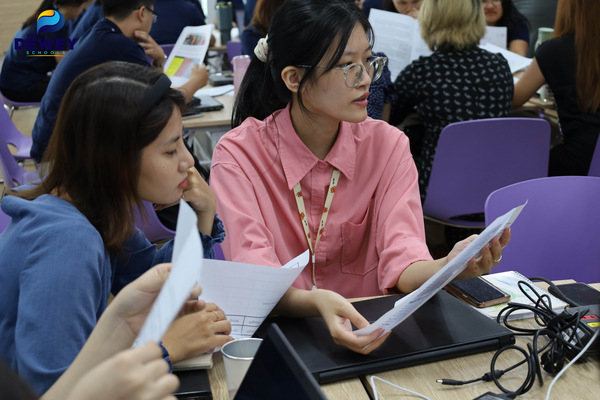
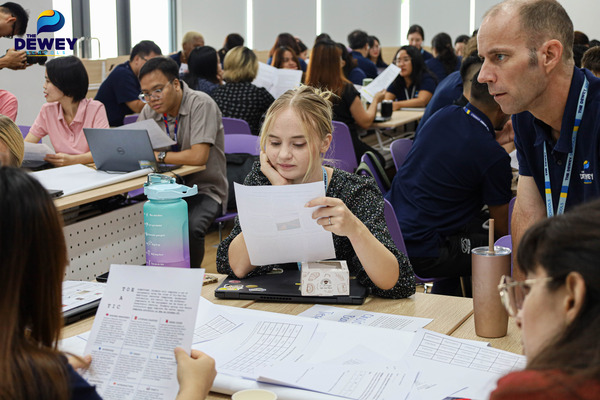
Four core strategies for differentiated instruction were introduced: Product Options, Flexible Grouping, Station Rotation & Inquiry Stations, Choice Boards, and Tiered Assignments & Playlists. These strategies not only personalize the learning process but also create a rich, dynamic environment that encourages students to develop critical thinking and creativity.
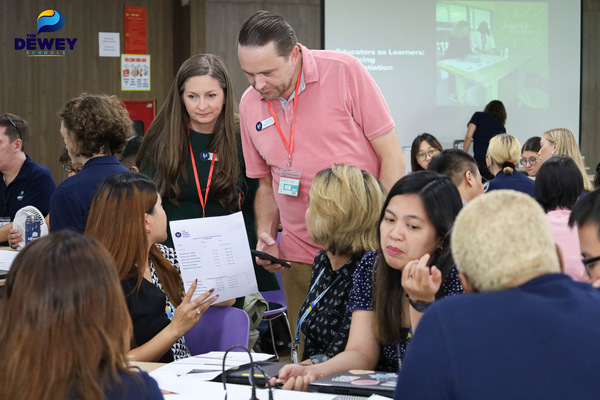
Through group activities, teachers discussed and explored practical ways to apply these strategies in the classroom. For example, for students lacking foundational knowledge, the station rotation strategy was proposed as an effective solution, allowing them to participate in various learning stations tailored to their current skill level. Teachers would be present at one station, guiding students with similar abilities to ensure that each learner receives appropriate attention and support.
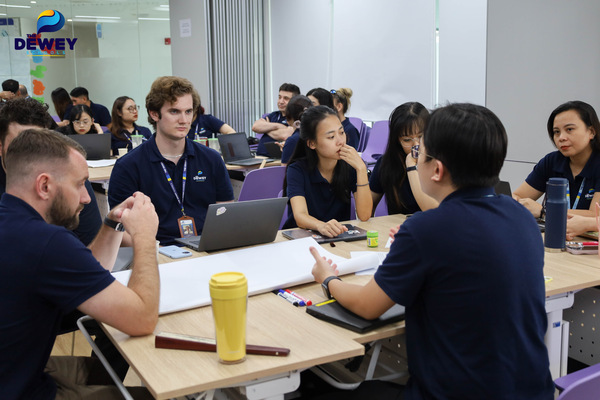
Mr. Jerome Macapagal, an elementary math teacher at Dewey, shared, “This training provided me with new knowledge, skills, and teaching methods, including strategies that reflect the principles of Universal Design (UD). This was a relatively new concept for me, focusing on creating lesson plans that cater to diverse student needs. It also helped me gain a better understanding of design thinking in teaching.”
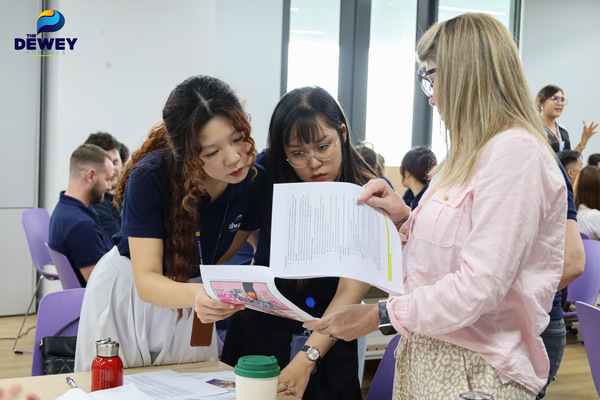
The training not only equipped teachers with innovative teaching skills but also inspired them to continue innovating in their teaching approaches at Dewey. The partnership with Mount Vernon has opened up numerous opportunities for Dewey to further enhance education quality, solidifying its position as a progressive and sustainable learning environment.




